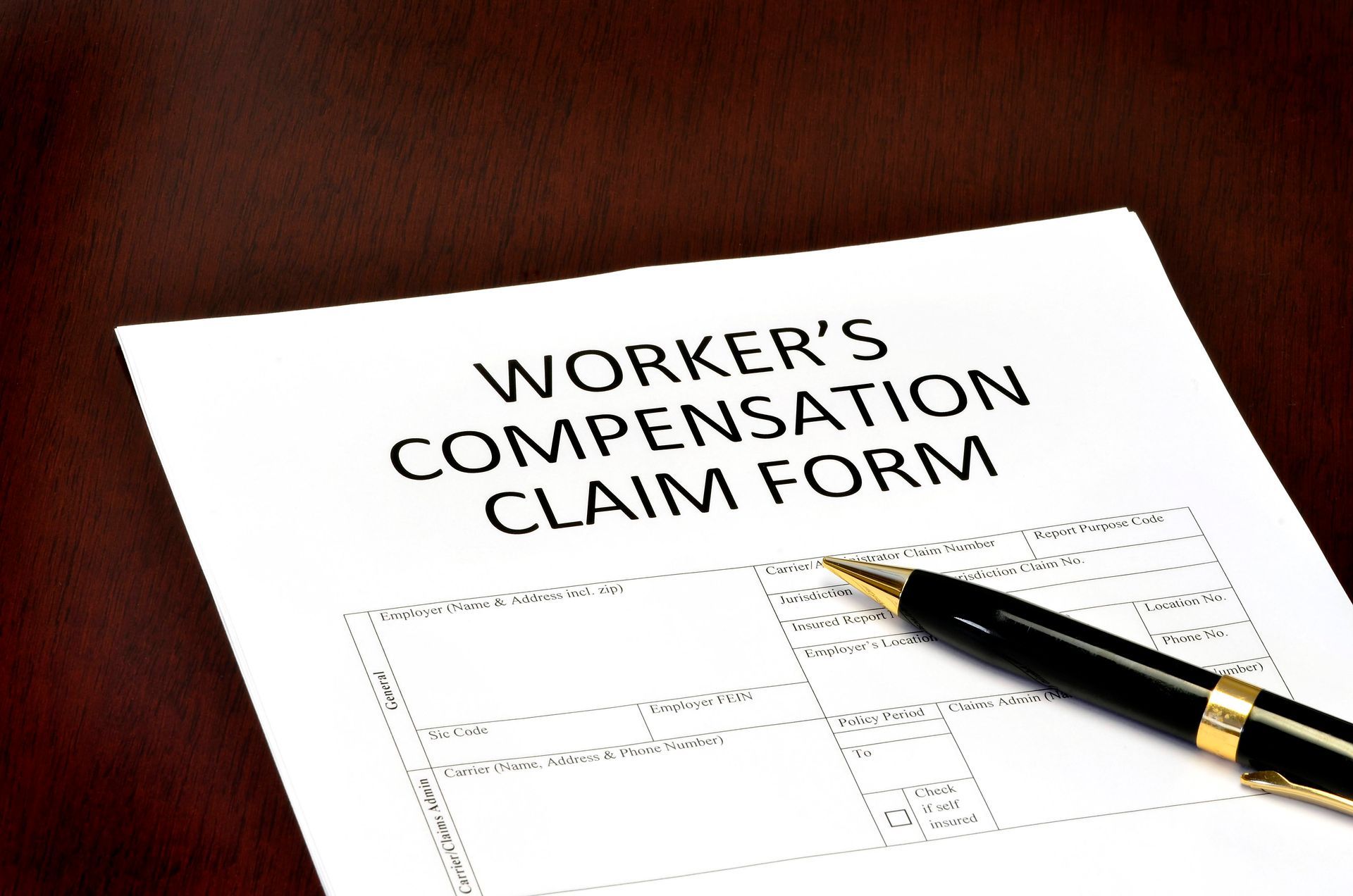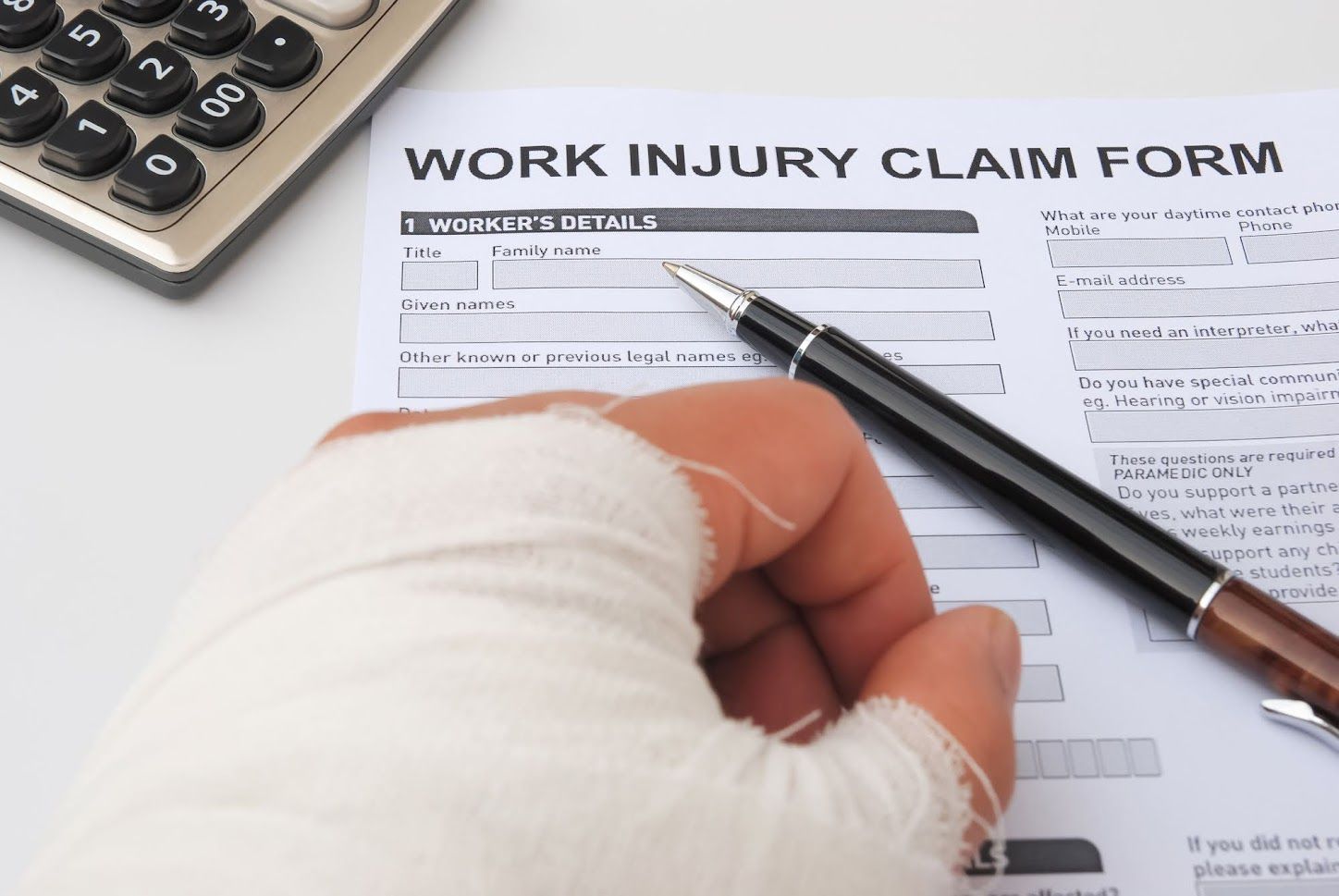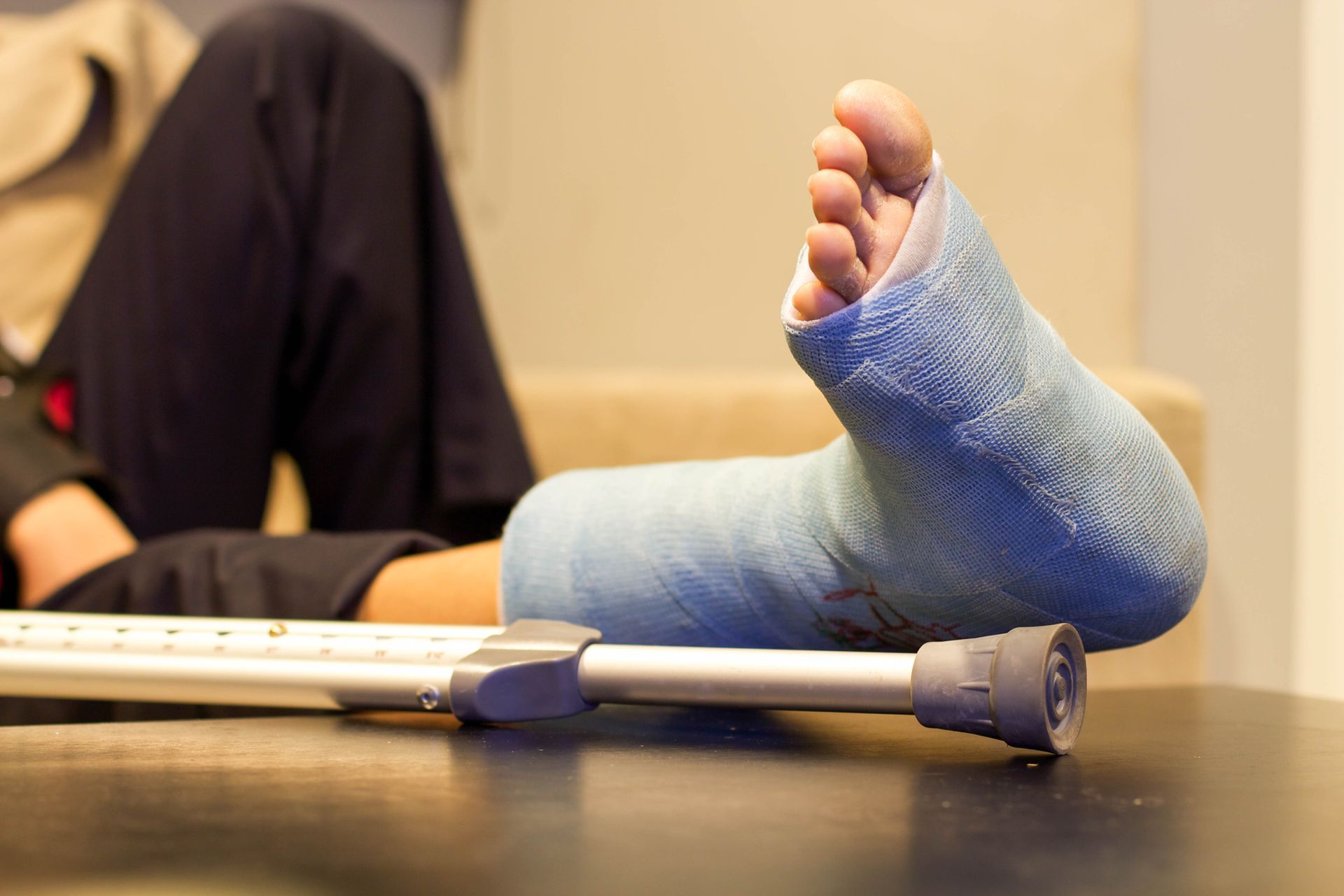Address: 1201 East Street Parkville, Missouri 64152
Toll Free:
Call Us Now:
Answers To Your Questions About Work-Related Travel And Workers Compensation

Workers compensation insurance protects Americans against injury, financial suffering, and job loss from incidents and accidents at work. But what about when you're driving in situations related to your work? This area of workers compensation law can be confusing, as it includes a number of exceptions and inclusions.
To help you understand your personal coverage, here are a few key answers to your questions about workers compensation and work-related travel.
Is Your Commute Covered?
As a general rule of thumb, the commute to and from your workplace is not covered under workers compensation policies. This is often called the going and coming rule, and it stipulates that covered injuries must arise out of employment or in the course of employment. Personal travel, even to or from the workplace, generally doesn't fit either guideline.
However, as with many facets of travel related to work, there are exceptions to this rule. These are cases when the commute is considered to be a part of employment. For example, a commute in a company vehicle may be deemed to be part of a person's business activity and therefore eligible for coverage.
Is Driving During Work Covered?
In general, travel done at the employer's request is a covered activity. This includes both full-time drivers such as transportation crew and bus drivers as well as those who may drive only at select times. In this case, the driving arises out of your employment and is done in the course of employment.
This provides another major exception to the rules regarding a commute. Consider an employee who travels between two of their employer's retail stores during their shift. In this case, the commute between the two locations is for the employer's benefit and happens while they are on the clock. So it is likely covered by workers compensation. You may even be covered if you're commuting to a temporary work location.
Is a Work Errand Covered?
What if your employer asks you to pick up doughnuts or drop off a company package at the post office on your way home? These work-related errands will often qualify as covered travel as well. They are part of an exception known as being sent on a special mission. The mission may simply be to pick up a cake for an office party, but it's done at the request of the employer and for the employer's benefit.
The situation may be murkier if the work errand is done while traveling to or from work, though. The total trip may only be partially covered as part of your employment with the rest (after dropping the package in the mail) may be considered your normal commute. This may be subject to case-by-case decisions.
Is Other Travel Covered?
Driving isn't the only work-related travel today's employees do, of course. What coverage do you have if you're flying on a business trip, taking the train to a client meeting, or representing your employer at a multiday trade show? As with driving at the employer's request, business travel is generally considered covered by workers compensation.
This is one of the biggest exceptions to the going and coming rule because all your activities are more likely to be covered throughout your business trip. This includes even what would normally be considered personal activities such as dining out, relaxing in the hotel spa, or driving to the airport.
Where Can You Learn More?
Work-related travel and workers compensation coverage can have many nuances and depend largely on the specifics of each travel situation. The best place to find out whether or not you're covered in the event of an accident is to meet with Spooner & Perkins P.C. Attorneys at Law. We'll help you determine whether you have a case for workers compensation and find the right next steps. Call today to learn more.
CONTACT INFORMATION
Email:
Phone:
Toll Free:











